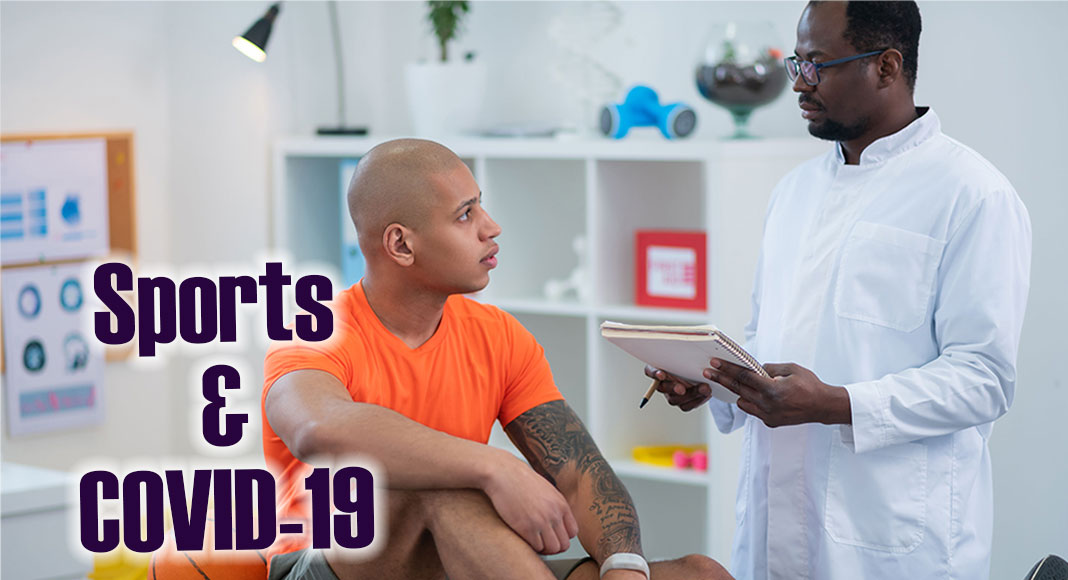
Mega Doctor News
Newswise — With schools making plans to resume in-person learning this coming fall, parents probably are wondering how COVID-19 precautions may affect school sports and extracurricular activities, and if it’s even safe for children to participate.
Promoting vaccination for eligible students and staff can help schools safely resume extracurricular activities and sports. “But if any child has COVID-19 symptoms, whether vaccinated or not, he or she should not participate in sports or other activities and contact his or her primary care provider for further guidance,” says Erica Gaertner, M.D., a primary care sports medicine physician for the LifeBridge Health Sports Medicine Institute.
Due to the highly contagious Delta variant of COVID-19, the CDC recently updated its guidance for K-12 schools to recommend universal indoor masking for all teachers, staff, students and visitors regardless of vaccination status.
It is also recommended that fully vaccinated people get tested 3 to 5 days after exposure to someone with suspected or confirmed COVID-19 no matter if they have symptoms or not. Currently, only people age 12 and older are eligible for vaccination. Schools that mostly serve students who aren’t old enough for vaccination are encouraged to implement layered prevention strategies that include screening testing, ventilation, contact tracing, and cleaning and disinfection.
There is a higher risk of COVID-19 transmission during participation in sports and extracurricular activities taking place indoors. The risk of spread is particularly higher in sports that require sustained close contact, such as football, wrestling, basketball and contact lacrosse. Intense exercises and activities can cause people to breathe heavily, which can cause potentially infected respiratory droplets to travel further.
Indoor extracurricular activities such as band, choir, theater and school club meetings—activities that involve a lot of shouting or singing—also pose an elevated risk of spread.
“Unvaccinated children definitely should remain masked for any indoor sport or activity, or any activity in which there is prolonged face-to-face contact,” Gaertner says. “Unvaccinated children should also wear a mask while on the sidelines and in locker rooms, as well as during travel, team drills and any time they are in close proximity of other athletes.”
Students with a medical condition or an increased risk of illness may need to take extra precautions for participation in sports and extracurricular activities and should speak with their primary care doctor about how best to protect themselves against COVID-19. In addition to making sure children are gradually increasing their activity levels back to where they were pre-COVID-19 to avoid injury, parents can encourage them to do things like:
- bring their own equipment (gloves, head gear, water bottles, etc.) to limit shared equipment
- wash or sanitize their hands before and after practices, games and sharing equipment
- tell a coach or school employee if they don’t feel well and stay home when they’re sick
- bring extra masks and hand sanitizer with at least 60% alcohol
- reduce physical closeness (at least six feet of distance, about two arm lengths) and contact (avoidance of high fives, handshakes, fist bumps or hugs) where possible
Schools are strongly encouraged to use screening testing for student athletes and participating staff members, especially those who are not vaccinated. You should speak with your child’s coaches and staff members at the school about safety measures that are in place.
“Parents should know that there are many benefits to kids participating in sports after enduring this pandemic,” Gaertner says. “There are both physical and mental health benefits. Children need to interact with their peers for their emotional and physical development. If guidelines are followed, there will be low risk of COVID-19 transmission.”









